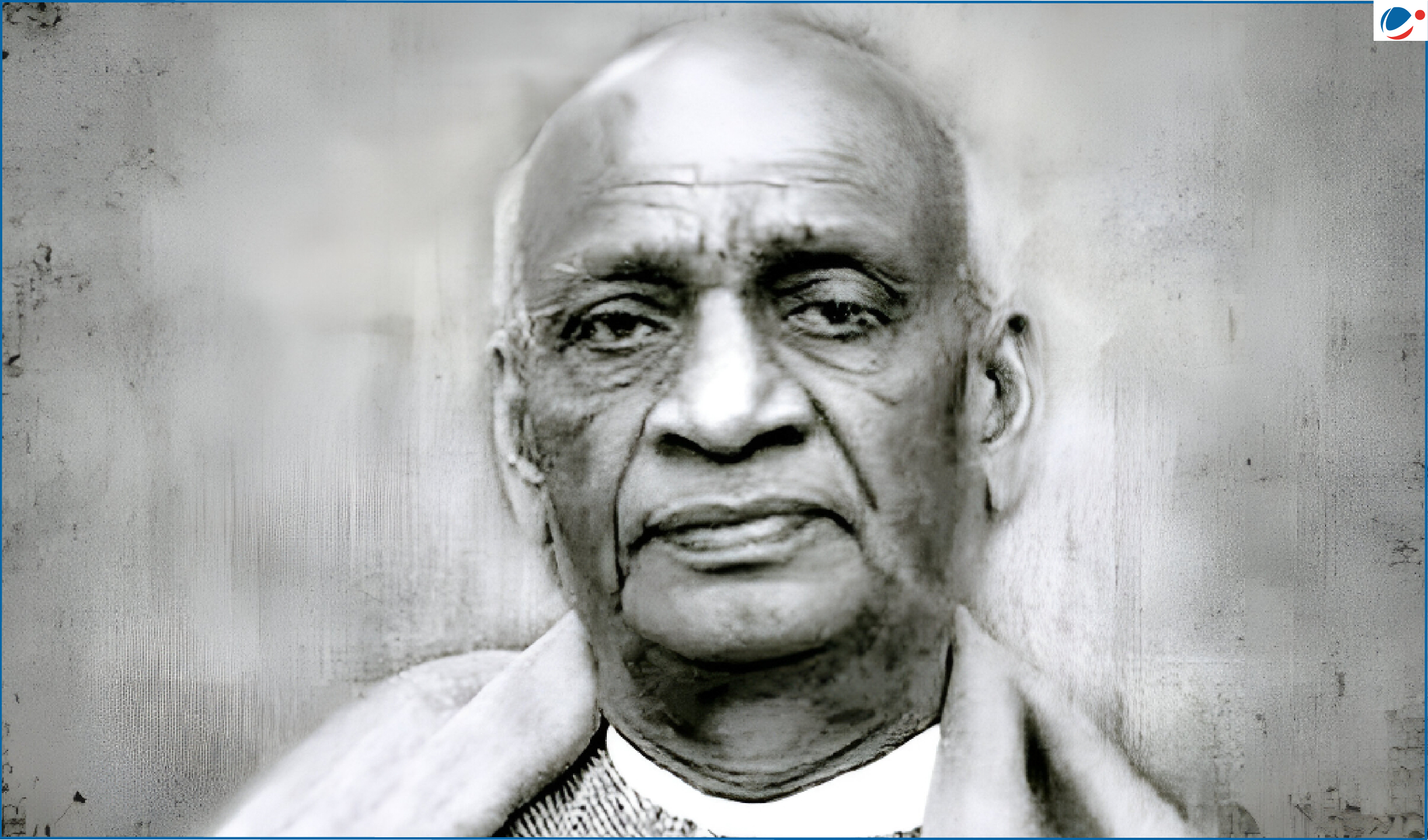About Sardar Vallabhbhai Patel (1875 – 1950)

- He was born on 31st October, 1875 in Gujarat in a Peasant family.
- His birth anniversary is now observed as the Rashtriya Ekta Diwas (National Unity Day) for uniting hundreds of princely states and laying the foundation of an integrated India.
- He is also known as the Iron Man of India.
- He was a lawyer who later turned to public service during India’s independence struggle.
Key Contributions of Sardar Patel
Pre Independence:
- Leadership in Early Gandhian Movements: Emerged as a national leader in 1918 by participating in the Kheda Satyagraha and Ahmedabad Mill Strike.
- Bardoli Satyagraha (1928): Led a non-violent protest by peasants against unjust land revenue hikes; where he was given the title of ‘Sardar’ by the women of Bardoli.
- As President of the Indian National Congress (Karachi Session, 1931): Adopted resolutions on fundamental rights and national economic policies.
Post-Independence:
- Architect of Political Integration: Swiftly unified 500+ princely states through diplomacy. E.g. Junagadh (plebiscite), Hyderabad (Operation Polo), etc.
- Internal Stability: As the first Deputy Prime Minister and Home Minister of India, he stabilized administration during India’s partition, maintaining order amid communal violence and refugee inflows.
- Steel Frame of India: He established the All India Services, ensuring a professional, neutral administrative structure for national unity.
Key Values: Integrity, Leadership, Patriotism, Courage, Determination, etc.




